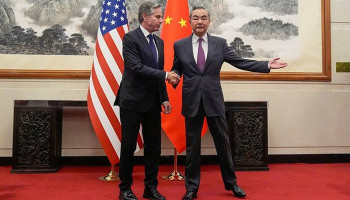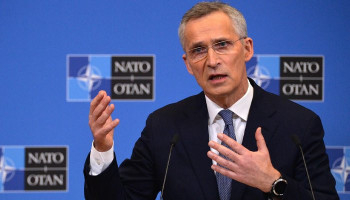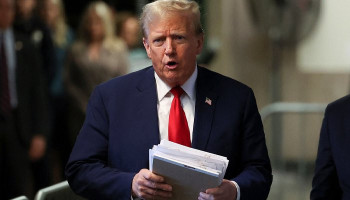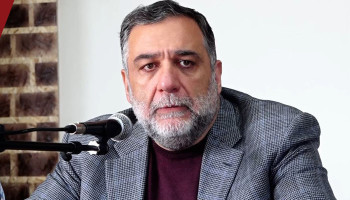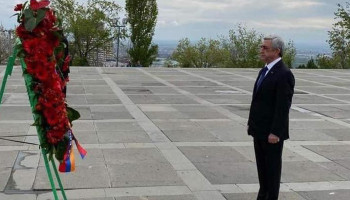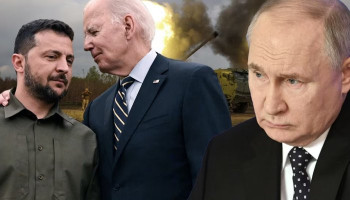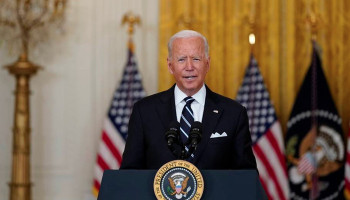UN votes to start negotiating treaty to ban nuclear weapons
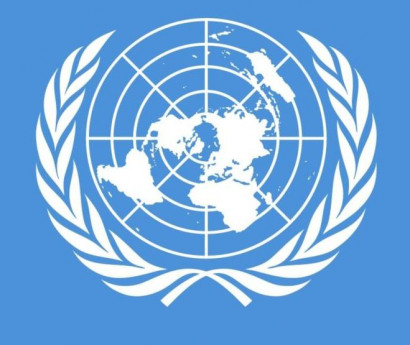 United Nations member states have voted overwhelmingly to start negotiations on a treaty to ban nuclear weapons, despite strong opposition from nuclear-armed nations and their allies. In the vote in the UN disarmament and international security committee on Thursday, 123 nations were in favour of the resolution, 38 opposed and 16 abstained. Nuclear powers the United States, Russia, Israel, France and the United Kingdom were among those that opposed the measure. Australia, as forecast last week, and as a long-time dependant on the US’s extended nuclear deterrence, also voted no. The resolution now goes to a full general assembly vote some time in December. The resolution aims to hold a conference in March 2017 to negotiate a “legally binding instrument to prohibit nuclear weapons, leading towards their total elimination”. Support for a ban treaty has been growing steadily over months of negotiations, but it has no support from the nine known nuclear states – the US, China, France, Britain, Russia, India, Pakistan, Israel and North Korea – which includes the veto-wielding permanent five members of the security council. But Australia has been the most outspoken of the non-nuclear states. During months of negotiations, Australia has lobbied other countries, pressing the case for what it describes as a “building blocks” approach of engaging with nuclear powers to reduce the global stockpile of 15,000 weapons. Australia has consistently maintained that as long as nuclear weapons exist, it must rely on the protection of the deterrent effect of the US’s nuclear arsenal, the second largest in the world. When he appeared before Senate estimates last week, the Department of Foreign Affairs and Trade’s assistant secretary, Richard Sadleir, forecast Australia’s rejection of the vote: “Consistent with the position to that we took to the open-ended working group (into nuclear disarmament) report, we will be voting no with respect to that resolution.” Sadleir said Australia’s position on nuclear disarmament was “consistent and clear”. “We do not support a ban treaty,” he said. “A ban treaty that does not include the nuclear weapons states, those states which possess nuclear weapons, and is disconnected from the rest of the security environment, would be counterproductive and not lead to reductions in nuclear arsenals.” Professor Tilman Ruff, founding chair of the International Campaign to Abolish Nuclear Weapons and co-president of the International Physicians for the Prevention of Nuclear War, said the vote was a “historic step” for the world that “heralds an end to two decades of paralysis in multilateral nuclear disarmament”. “The numbers are especially encouraging given the ferocious pressure on countries to vote no by the nuclear-armed states, who see that this will fundamentally challenge their continued possession of nuclear weapons,” he said. “The treaty will fill the legal gap by which the most destructive of all weapons – nuclear weapons – are the only weapon of mass destruction to not yet be outlawed by international treaty.” |











